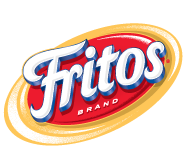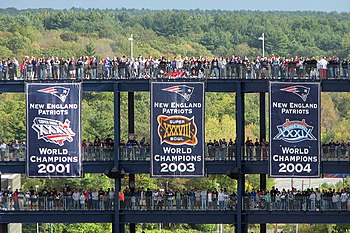Picture it: Sicily, 1922.
Sorry, wrong channel. Let’s try again.
Picture it: 20, 30, 50 years from now. You’re old. The money you’ve been failing to save so you could stock up on Fritos and obsolete video game consoles(to survive the zombie apocalypse in style) would come in handy about now, since the end of the world never happened. Note to self: Never trust an ancient Mayan.
You’re 70, with no savings and no income aside from the Social Security check that hasn’t been adjusted for inflation since the Palin(Bristol) administration.
But you own your house and that nice young man down at Yersk Rude Bank recommended a reverse mortgage. That could give you all of the money you need to live a comfortable retirement and pay for a bit of a funeral.
Right?
Nazzofast.
Of all of the possible social security strategies, this is one of the worst.
What is a reverse mortgage?
In a traditional mortgage, you’re given a chunk of money guaranteed by your home. You have to pay that money back over time, or you’ll lose your house. In a reverse mortgage, you’re still converting your home’s equity into cash, but you don’t have to pay it back until you die or move, including moving into a nursing home. You are effectively abandoning future-house in exchange for now-money.
Who qualifies for a reverse mortgage?
If you are 62 or older, and live in a home you own, you qualify. Credit and income are not considered.
Why would you want a reverse mortgage?
If money is tight and you have no prospects, a reverse mortgage may be a valid consideration. A better consideration would be to take out a traditional loan and make monthly payments out of that lump sum, or sell your house outright and move someplace more affordable.
What are the downsides of a reverse mortgage?
You lose your house. Technically, your heirs lose your house. A reverse mortgage becomes due when you die. If your heirs can’t cover the loan, the house will be foreclosed. Also, this is a loan. It accumulates interest, even if you aren’t paying it back. If you borrow $200,000 and die in 10 years, your estate may owe $400,000 on the reverse mortgage. If this is a treasured family home, losing it could come as a shocking blow at a time when your family would already be reeling from the loss of, well, you.
What if you really don’t like your heirs?
I’d still recommend getting a traditional mortgage. You can throw a killer party and then, you’ll rebuild equity over time. That way, if you live longer than you expect, you can refinance and throw another killer party. If you go this route, don’t invite the kids, but be sure to hire a videographer so they can see how you’re spending their inheritance.
I’m not a banker or a financial advisor, but I’d recommend against a reverse mortgage in almost all circumstances.
How about you? Would you get one, or recommend one? What’s your preferred method to hurt your ungrateful heirs?














